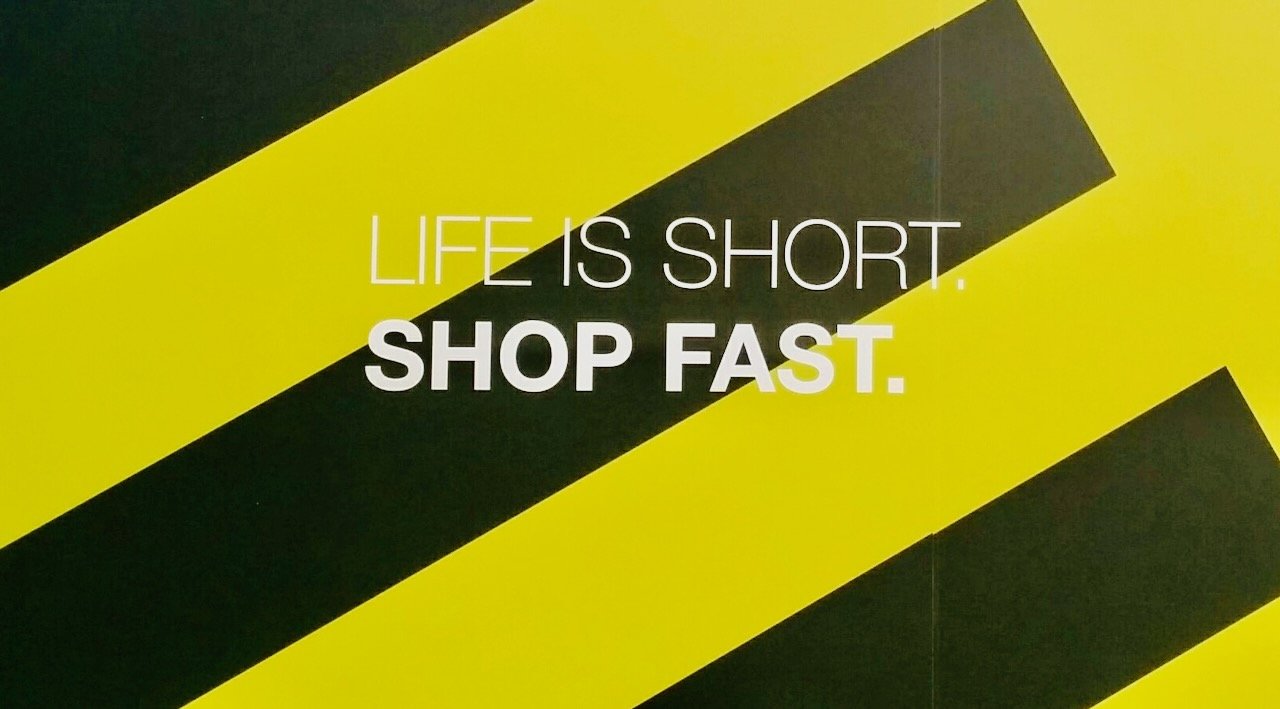Buddhism, Economics and Politics
In this collection Vaddhaka has brought together talks that have arisen and developed from themes in his book “The Buddha On Wall Street”. The final piece is an extended essay written on the problems caused by tribalism in the modern world.
Transcripts of talks only.
01 The Buddha and Adam Smith
Vaddhaka starts by comparing the two ‘Great Transformations’ of the Axial Age and the emergence of capitalism. Contained within these two ‘Great Transformations’, he argues, are two conflicting perspectives on humanity. To help explore these conflicts Vaddhaka examines the ideas of the Buddha from the Axial Age, and of Adam Smith at the dawn of capitalism.
02 Charles Darwin and Evolution
In this talk Vaddhaka focuses on Charles Darwin and his theory of evolution. How do his ideas compare to those of the Buddha? More generally, what light can evolution throw on human nature and economics?
03a The Gift Relationship (i)
Based on a book on blood donation called “The Gift Relationship” by Richard Titmuss, Vaddhaka launches into a detailed critique of modern economists who believe that qualities like altruism, love and kindness are in limited supply.
03b The Gift Relationship (ii)
Here Vaddhaka tells five stories that illustrate the power of a gift. And he asks, what gifts can we, as Buddhists, give to the world?
04 The Story of Money (Part One)
In this and the next talk Vaddhaka poses three questions; “How did money come into being?”, “What has been Buddhism’s relationship with money?”, and “Is money a good or a bad thing?”
This week he focuses on the first question, “How did money come into being?”
05 The Story of Money (Part Two)
Vaddhaka tells of the history of Buddhism’s relationship with money, from the Buddha’s sangha of wandering monks and nuns who were not allowed to have or use money, through to the era in India and China of large monasteries, described by anthropologist David Graeber as ‘the world’s first genuine forms of concentrated finance capital’. Using the Greek myth of King Midas Vaddhaka finishes with a discussion on whether money is a good or a bad thing.
06 The Parable of the Ox
Utilising writing by financial expert John Kay, Vaddhaka sets out to uncover the astonishing greed that caused the worldwide financial collapse of 2008. He tells in full John Kay’s wonderful Parable of the Ox, that lays bare the speculative fictions driving greed and loss of trust.
07 Can Humanity Survive?
In this talk Vaddhaka broadens the perspective to consider the increasingly widespread sense of bewilderment and feeling that things are spinning out of control in the world today. Vaddhaka examines the arguments of scientist and astrobiologist David Grinspoon, who wonders whether humanity has the wisdom to make it through what he describes as ‘the technological bottleneck’.
08 Resisting the Tyranny of the Tribe
In a lengthy article Vaddhaka writes about present-day suffering, political discontent and tribalism, with a Buddhist perspective on what is happening.
